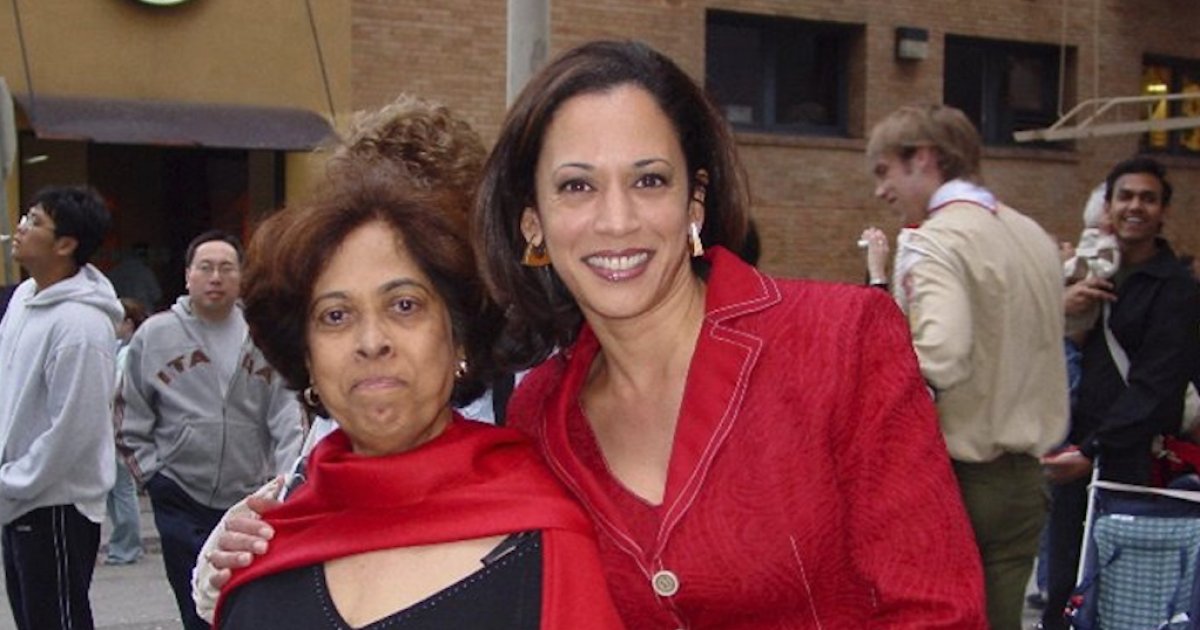Kamala Harris Champions Climate Action in India, Strengthening US-India Partnership

During her recent visit to India for the Global South Summit in January 2023, US Vice President Kamala Harris underscored the crucial role of US-India collaboration in tackling the global climate crisis. This visit, rich in strategic dialogue and concrete partnerships, highlighted the growing convergence between the US and India on climate action and clean energy, marking a pivotal step in their joint commitment to a sustainable future.
A Shared Vision for a Sustainable Future
Harris's engagements in India went beyond diplomatic pleasantries, focusing on tangible outcomes in the realm of climate change mitigation and adaptation. A cornerstone of these discussions was the launch of the US-India Initiative on Critical and Emerging Technologies (iCET), a collaborative framework aimed at fostering innovation and technology transfer in sectors crucial for addressing climate change, including renewable energy, energy storage, and climate-resilient infrastructure.
This initiative, first announced during Prime Minister Modi's visit to the US in 2022, received renewed impetus with Harris's visit. Both nations expressed their commitment to leveraging iCET as a platform to accelerate the deployment of clean energy solutions, particularly in the Global South. The initiative seeks to build upon existing bilateral collaborations, such as the US-India Partnership to Advance Clean Energy (PACE), which has already facilitated significant investments in India's renewable energy sector.
Investing in India's Green Transition
Recognizing India's ambitious renewable energy goals, Harris's visit also witnessed the announcement of significant US investments in India's green energy sector. Notably, the US Development Finance Corporation (DFC) committed $500 million to support First Solar's plan to establish a vertically integrated solar manufacturing facility in India. This investment, estimated to mobilize $1 billion in total project financing, is projected to significantly bolster India's solar manufacturing capacity and contribute to its goal of achieving 500 GW of renewable energy capacity by 2030.
This financial commitment exemplifies the Biden-Harris administration's commitment to facilitating private sector engagement in driving the transition to clean energy. By supporting American companies like First Solar in investing in India's renewable energy sector, the US aims to not only accelerate India's energy transition but also create jobs and economic opportunities in both countries.
Strengthening Climate Resilience in the Face of Shared Challenges
Beyond clean energy, Harris's visit also addressed the pressing issue of climate resilience. Both India and the US are increasingly vulnerable to the impacts of climate change, from extreme weather events to rising sea levels. Recognizing this shared challenge, Harris and Indian leaders discussed strategies for enhancing climate resilience, particularly in vulnerable coastal communities.
The US Agency for International Development (USAID) announced its collaboration with India's Ministry of Environment, Forest and Climate Change (MoEFCC) to launch a new program focused on strengthening climate resilience in India. This partnership will leverage technical expertise and financial resources to support communities in adapting to the impacts of climate change, including building climate-resilient infrastructure and enhancing early warning systems for extreme weather events.
Towards a Greener Future: Cementing the US-India Partnership
Kamala Harris's visit to India marked a significant stride in solidifying the US-India partnership on climate action. Beyond symbolic gestures, the visit yielded tangible outcomes in the form of investments, joint initiatives, and collaborative programs. The shared commitment to addressing the climate crisis was evident in the concrete steps taken to accelerate clean energy deployment, strengthen climate resilience, and foster technological innovation.
As both nations navigate the complexities of economic growth and environmental sustainability, the US-India partnership on climate change stands as a beacon of hope. By leveraging their respective strengths, sharing knowledge, and investing in sustainable solutions, the US and India can chart a course toward a greener, more resilient future, not just for their citizens but for the entire planet.












Comments ()